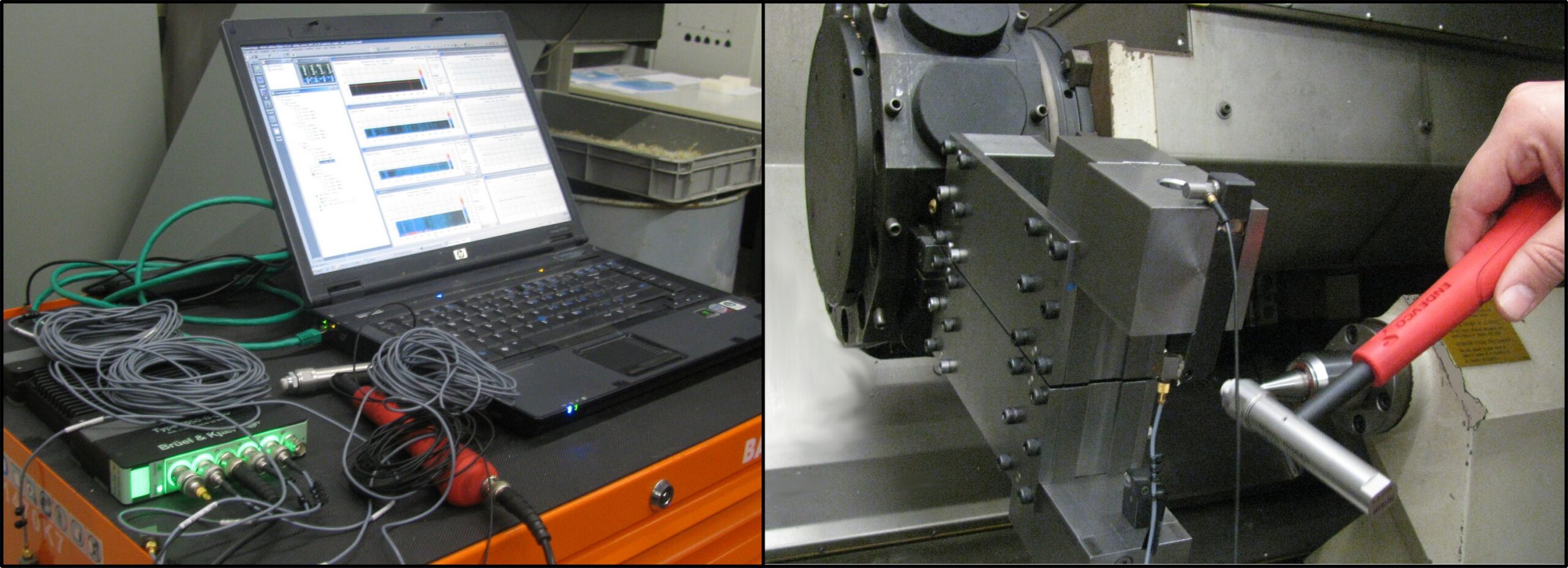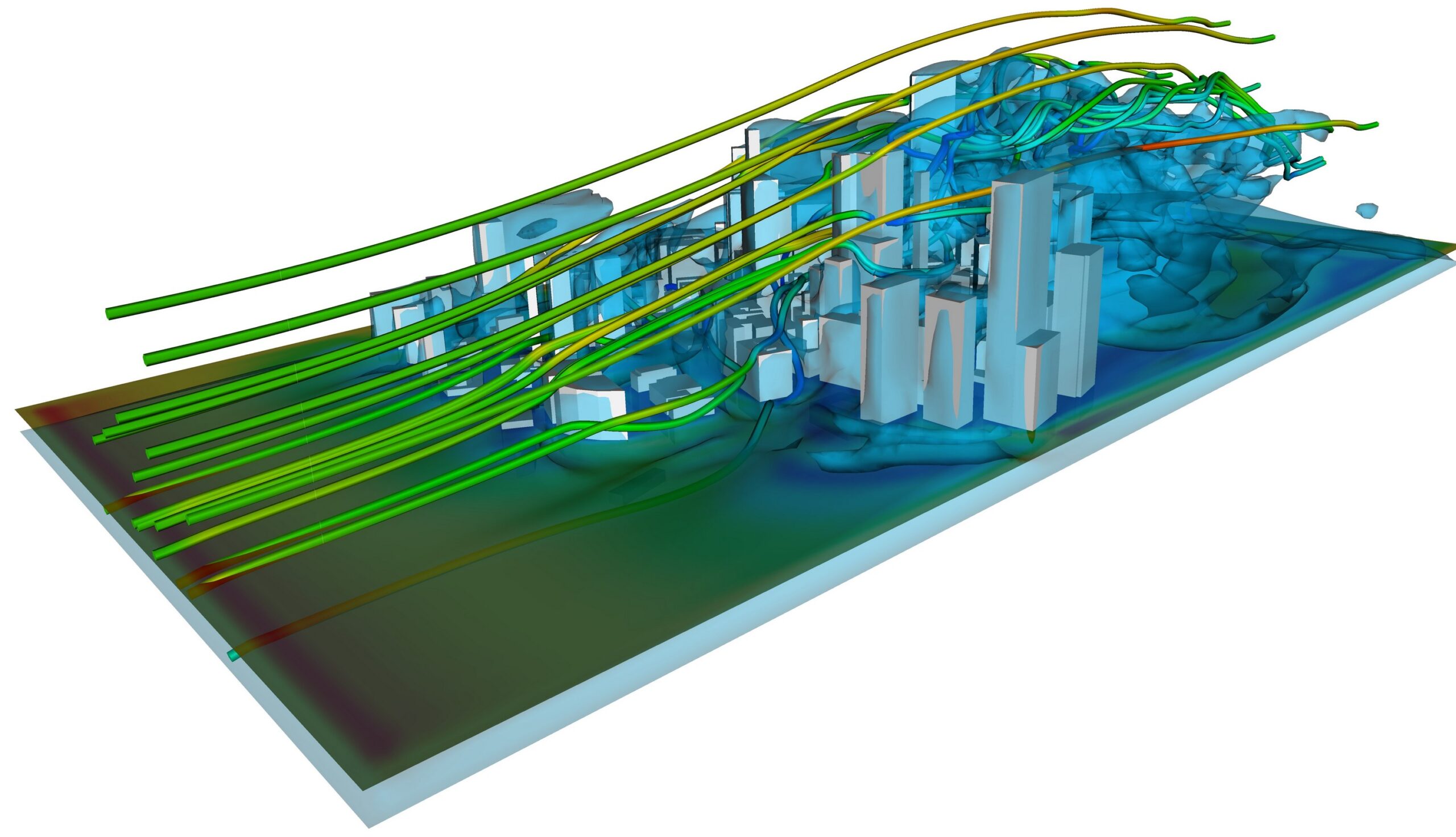This is one of the broadest and most versatile engineering professions, reflected by our curriculum, which provides an up-to-date, solid practical knowledge in the field of mechanical engineering modeling. The program develops the relevant engineering skills and introduces the important theoretical, numerical and programming techniques of engineering modeling practice. The educational program prepares students for professional practice in an era of rapidly advancing technology. They combine a strong base in the engineering sciences (mechanics, materials, fluid and thermal sciences, systems and control) with practice-focused laboratory and design experiences. Independence, creative talent, leadership, as well as the capability for continuing professional growth are also cultivated.
You can study at BME with a scholarship or as a self-funded student, by paying tuition fees. Various scholarships help you cover tuition fees and your living expenses during your studies. Successful PhD students may receive additional support from research grants.
Students receive a balanced combination of courses on engineering, physics, mathematics, and computer/IT skills, as well as up-to-date soft skills (e.g. management, sustainability). Specializations are available in (1) Process Engineering and (2) Engineering Design and Technology.
Differential equations and numerical methods, Laser physics
Advanced fluid mechanics, thermodynamics, mechanics, electronics, finite element analysis, continuum mechanics
CAD technology, Materials science, Structural analysis, Process planning, NC machine tools, Fatigue and fracture
Computational fluid dynamics, Fluid mechanics measurements, Aero-elasticity, Unsteady flows in pipe networks, Vehicle aerodynamics, Advanced technical acoustics and measurement techniques, Hemodynamics
Continuum mechanics, Finite element analysis, Nonlinear vibrations, Elasticity and plasticity, Coupled problems in mechanics, Beam structures, Experimental methods in solid mechanics, Dynamics of robots
Energy conversion, Combustion, Turbines, Thermal physics, Dynamical simulation of energy engineering systems, Coupled problems in mechanics, Measurements in energy engineering
Earning an MSc in Mechanical Engineering Modelling offers high demand, diverse career paths, competitive salaries, transferable skills, professional accreditation, international opportunities, innovation, professional growth, and lifelong learning. Graduates can find rewarding careers as design engineers, project managers, consultants, and more in industries like automotive, aerospace, energy, and manufacturing. Our curriculum also develops a broad range of transferable skills such as analytical thinking, critical reasoning, project management, technical proficiency, teamwork, effective communication, and creativity. Such skills not only enhance employability within the engineering domain but also enable graduates to become valuable resources in various other professions.

